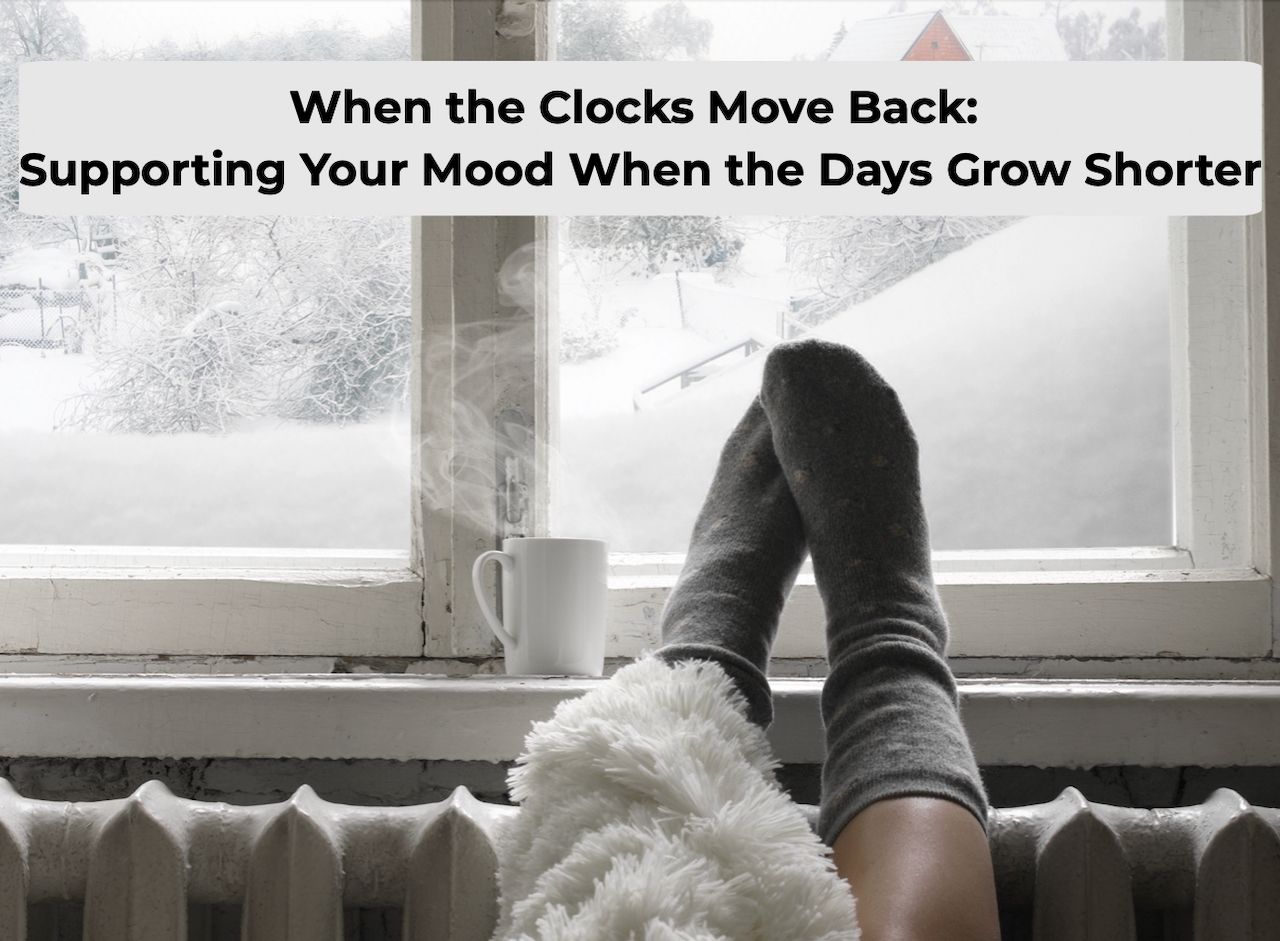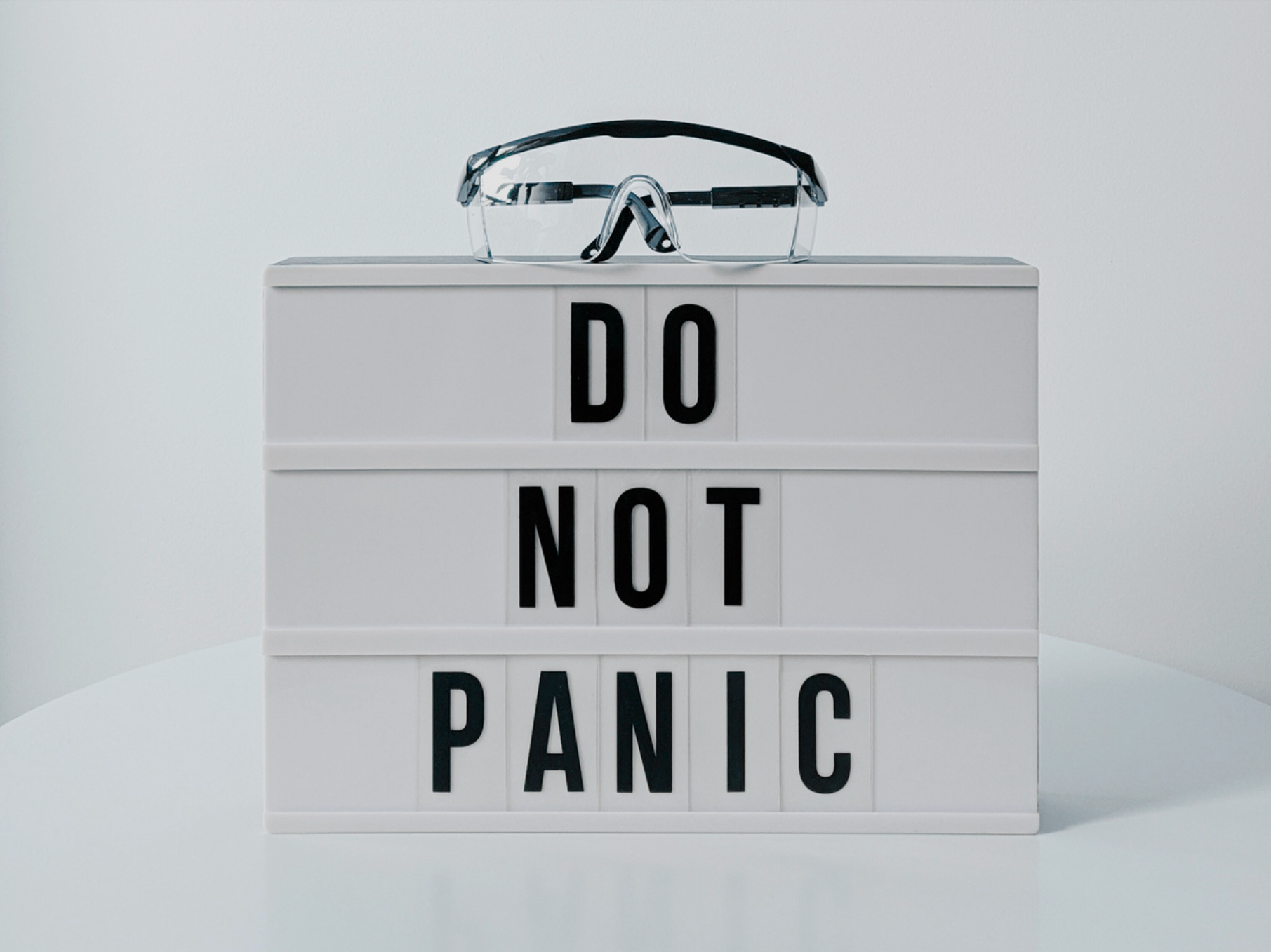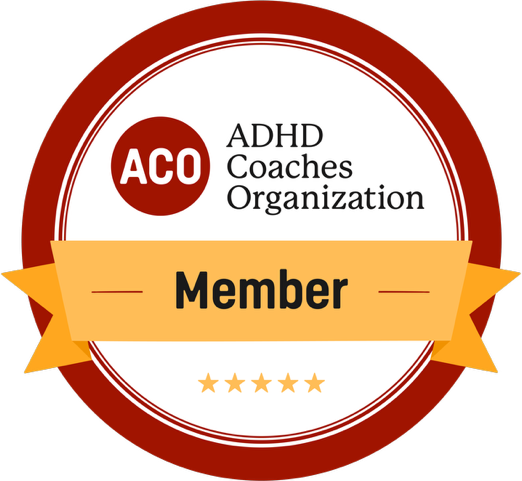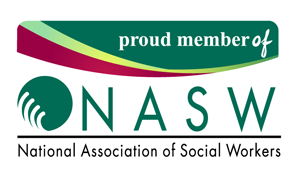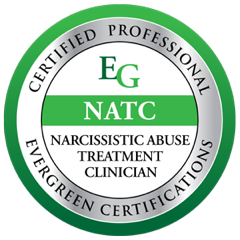Emotion Regulation and ADHD: Why It’s Hard and How to Build Skills
Emotion regulation is an essential skill that allows us to process, respond to, and recover from emotional experiences in a healthy way. For individuals with ADHD, managing emotions can often feel overwhelming and unpredictable. This is because ADHD impacts executive function—the set of mental skills that help us plan, prioritize, and control impulses—including the ability to regulate emotional responses. If you’ve ever felt like your emotions take over and are hard to rein in, you’re not alone, and there are ways to navigate this challenge.
ADHD can amplify emotional experiences, making small frustrations feel like mountains and moments of joy feel all-consuming. Emotional highs and lows are often more intense and can linger longer than expected. This happens because the ADHD brain may struggle with transitions and impulse control, making it harder to pause and assess emotions before reacting. These challenges aren’t a personal failing—they’re tied to the unique ways ADHD affects brain function. Recognizing this can be the first step toward building greater emotional balance.
Improving emotion regulation with ADHD is possible, but it requires intentionality and practice. Strategies like using mindfulness to create moments of pause, identifying and naming your emotions, or developing routines that allow for emotional decompression can make a big difference. It’s also helpful to lean on supportive tools, like journaling, therapy, or coaching, to explore your emotional patterns and develop techniques that align with your unique needs. Emotion regulation with ADHD isn’t about suppressing your feelings; it’s about learning to ride the waves with greater ease. Remember, this is a process that takes time—what matters most is giving yourself grace along the way.
If you’re reflecting on how emotion regulation impacts your life, here are three questions to connect with:
- What situations tend to trigger strong emotional reactions, and how do I typically respond?
- What strategies or practices have helped me feel more grounded during emotionally intense moments?
- How can I begin to view my emotional sensitivity as a strength rather than a weakness?
For more coaching tips and guidance checkout my website or set up a free discovery call



